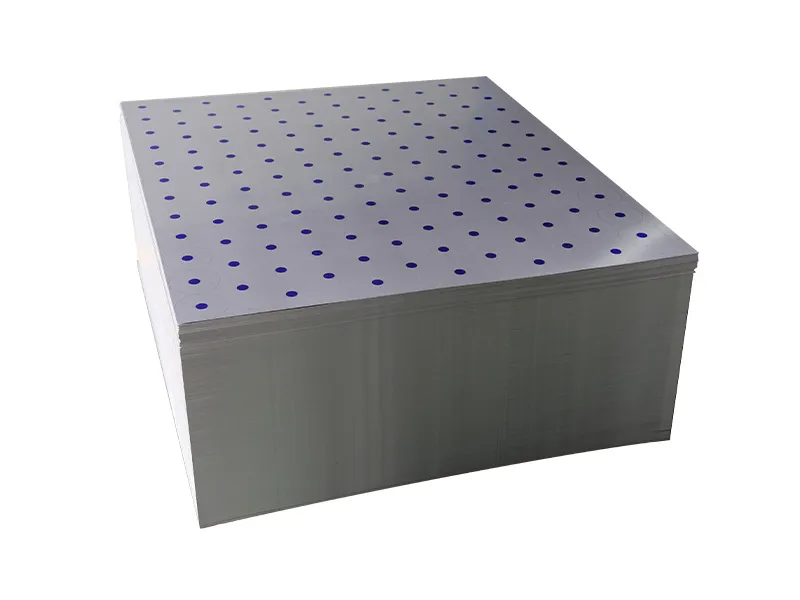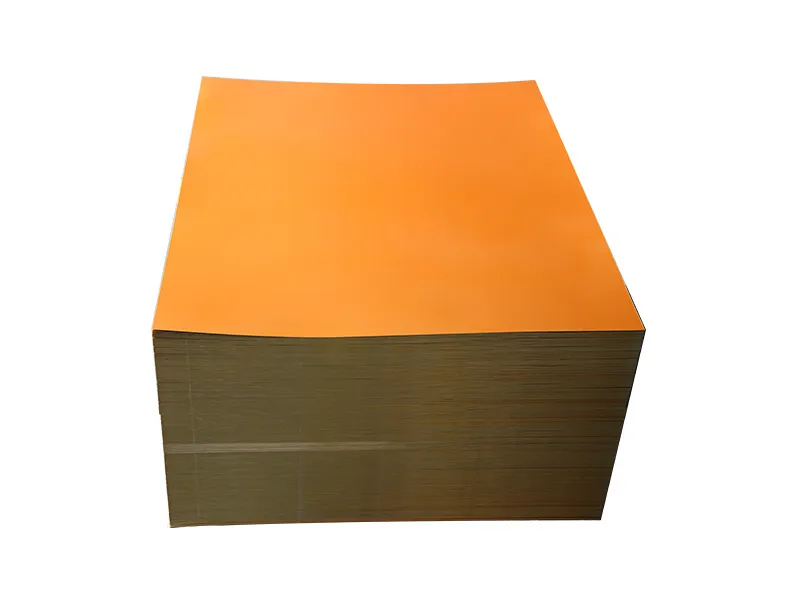2025-06-21 01:27:52
The aluminum sheet size depends entirely on its thickness, width, length, and intended application, which can range from a small craft project to the skin of an airplane.

The size of aluminum sheets varies widely depending on the application and manufacturer. However, there are common standard dimensions and thicknesses.
In Imperial measurements:
4 feet x 8 feet (48" x 96")
4 feet x 10 feet (48" x 120")
5 feet x 10 feet (60" x 120")
Also smaller sizes like 12" x 12", 12" x 18", 18" x 24", 36" x 72" are available.
In Metric measurements:
1200 mm x 2440 mm
1200 mm x 3000 mm
1500 mm x 3000 mm
Other common metric sizes include 2000 x 1000 mm, 2500 x 1250 mm, 3000 x 1250 mm, 3000 x 1500 mm, and larger up to 4000 x 2000 mm or 12000 mm in length for plates.
Aluminum sheet thickness is often measured in millimeters (mm) or by gauge number (though gauge numbers can vary between materials).
Typical thicknesses range from:
Very thin: 0.2 mm to 0.5 mm (e.g., for lighting fixtures, computer panels)
Common uses: 0.8 mm, 1.0 mm, 1.2 mm, 1.5 mm, 2.0 mm, 2.5 mm, 3.0 mm, 4.0 mm, 5.0 mm, 6.0 mm (often used for general construction, enclosures, vehicle bodies)
Thicker plates: 8.0 mm, 10.0 mm, 12.0 mm, up to 50 mm or even 500 mm for very thick plates (used in heavy machinery, marine components, pressure vessels).
Alloy and Temper: The specific alloy (e.g., 1050A, 3003, 5052, 6061, 7075) and temper (e.g., H14, H32, T6) will affect the properties of the sheet, such as its strength, ductility, and corrosion resistance.
Application: The intended use of the aluminum sheet dictates the required size and thickness. For example, thin sheets are used for decorative purposes, while thicker plates are used for structural components.
Custom Sizes: Many suppliers offer custom cutting services, so you can often get aluminum sheets cut to your specific dimensions if standard sizes don't meet your needs.

To get the right size, you need to state the dimensions, usually in this order: Thickness x Width x Length.
Examples:
A common sheet for fabrication: "I need a sheet of 0.125" x 48" x 96" aluminum." (This is 1/8" thick, 4ft by 8ft).
A metric sheet: "I need a 2mm x 1000mm x 2000mm sheet."
A small hobby piece: "I need a small piece of 0.025" x 12" x 24" aluminum."
When purchasing, you will also need to specify the Alloy (e.g., 3003, 5052, 6061) and Temper (e.g., H14, T6), as these determine the material's strength, corrosion resistance, and formability.